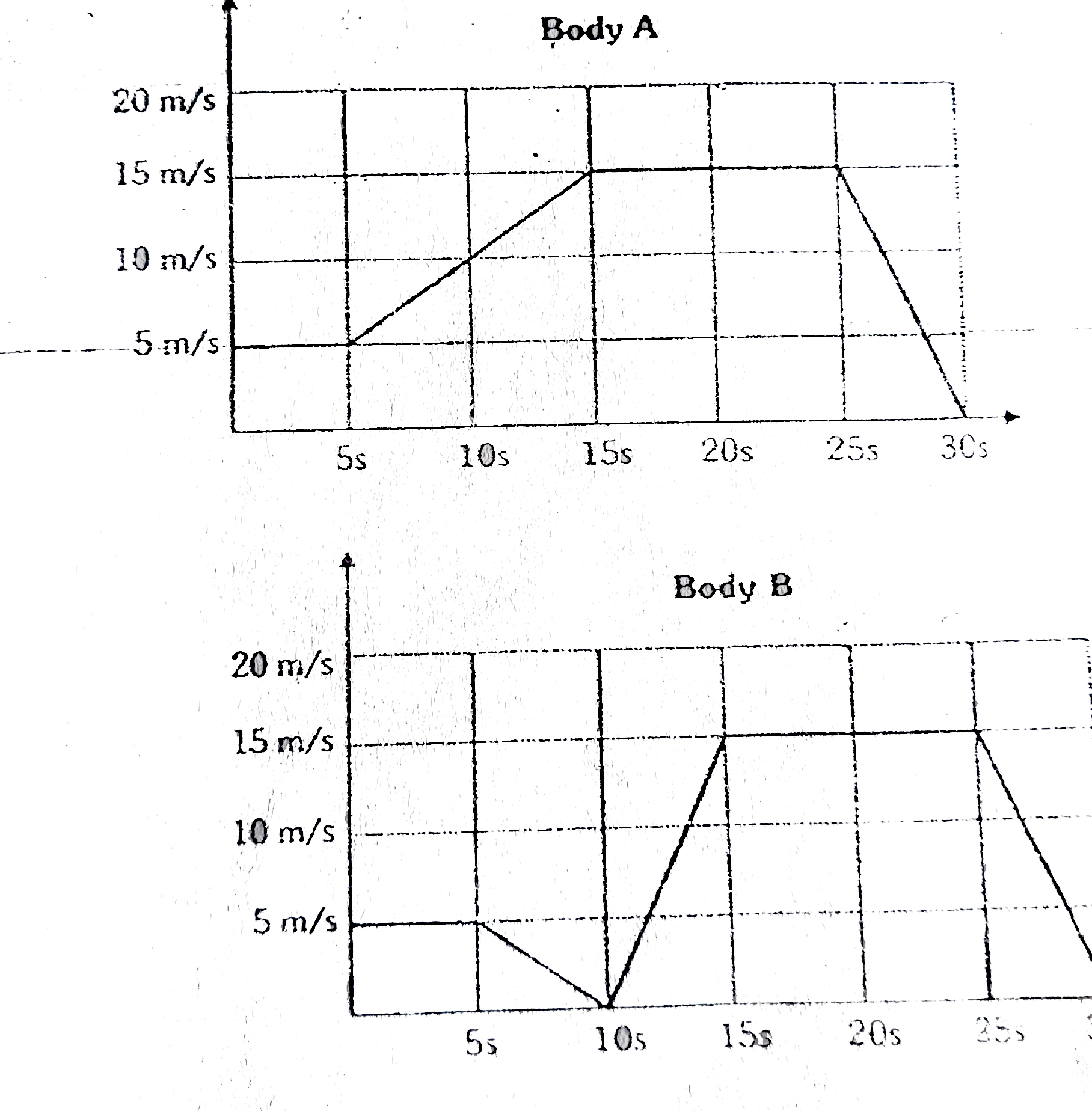Which of the following can sometimes be 'zero' for a moving body ?
(i) average velocity
(ii) distance travelled
(iii) average speed
(iv) displacement
only (i)
(i) and (ii)
(i) and (iv)
only (iv)
The correct Answer is:C
Step by step video, text & image solution for Which of the following can sometimes be 'zero' for a moving body ? (i) average velocity (ii) distance travelled (iii) average speed (iv) displacement by Physics experts to help you in doubts & scoring excellent marks in Class 9 exams.
Updated on:21/07/2023Topper's Solved these Questions
- MOTION BOOK - LAKHMIR SINGH & MANJIT KAURCHAPTER - MOTION EXERCISE - SAMPLE PROBLEM
1 Videos
- MOTION BOOK - LAKHMIR SINGH & MANJIT KAURCHAPTER - MOTION EXERCISE - VERY SHORT ANSWER TYPE QUESTIONS
3 Videos
- MODEL TEST PAPER 5BOOK - LAKHMIR SINGH & MANJIT KAURCHAPTER - MODEL TEST PAPER 5EXERCISE - Section B
2 Videos
- SOUNDBOOK - LAKHMIR SINGH & MANJIT KAURCHAPTER - SOUNDEXERCISE - Value Based Questions
20 Videos
Similar Questions
Knowledge Check
Consider following speed time graphs describing motion of two bodies A and B on straight line paths.

Form these graphs which of the following information can certainly be obtained?
(A) Distance travelled for the body A
(B) Distance travelled for the body B
(C) Displacement for the body A
(D) Didplacement for the body BAOnly A & BBOnly A,B & CCOnly A,B & DDAllWhich of the following statements is incorrect? (i) Average velocity is path length divided by time interval.
(ii) In general, speed is greater than the magnitude of the velocity.
(iii) A particle moving in a given direction with a non-zero velocity can have zero speed. (iv) The magnitude of average velocity is the average speed.A(ii) and (iii)B(ii) and (iv)C(i), (iii) and (iv)DAll fourThe magnitude of average velocity is equal to the average speed when a particle moves:-
Aon a curved pathBin the same directionCWith constant accelerationDwith constant retardation
For a body moving along a circular path the average velocity and average speed can never be equal
View SolutionFor a body moving along a circular path the average velocity and average speed can never be equal
View SolutionA person covers half a round on a circular track of radius 20m with constant speed v in π sec then which of the following is/are correct.
(a)Displacement covered is zero
(b)Magnitude of change in velocity of a person is 2v
(c)The average speed of a person is 20m/sec
(d)The average acceleration of a person is equal to zero
View SolutionFor a moving particle, which of the following options may be correct? Here, Vav is average velocity and vav the average speed.
View SolutionWhich of the following have zero average value un a plane electromagnetic wave?
(i)electric field (ii)magnetic field
(iii) electric energy (iv) magnetic enegry
View Solution
